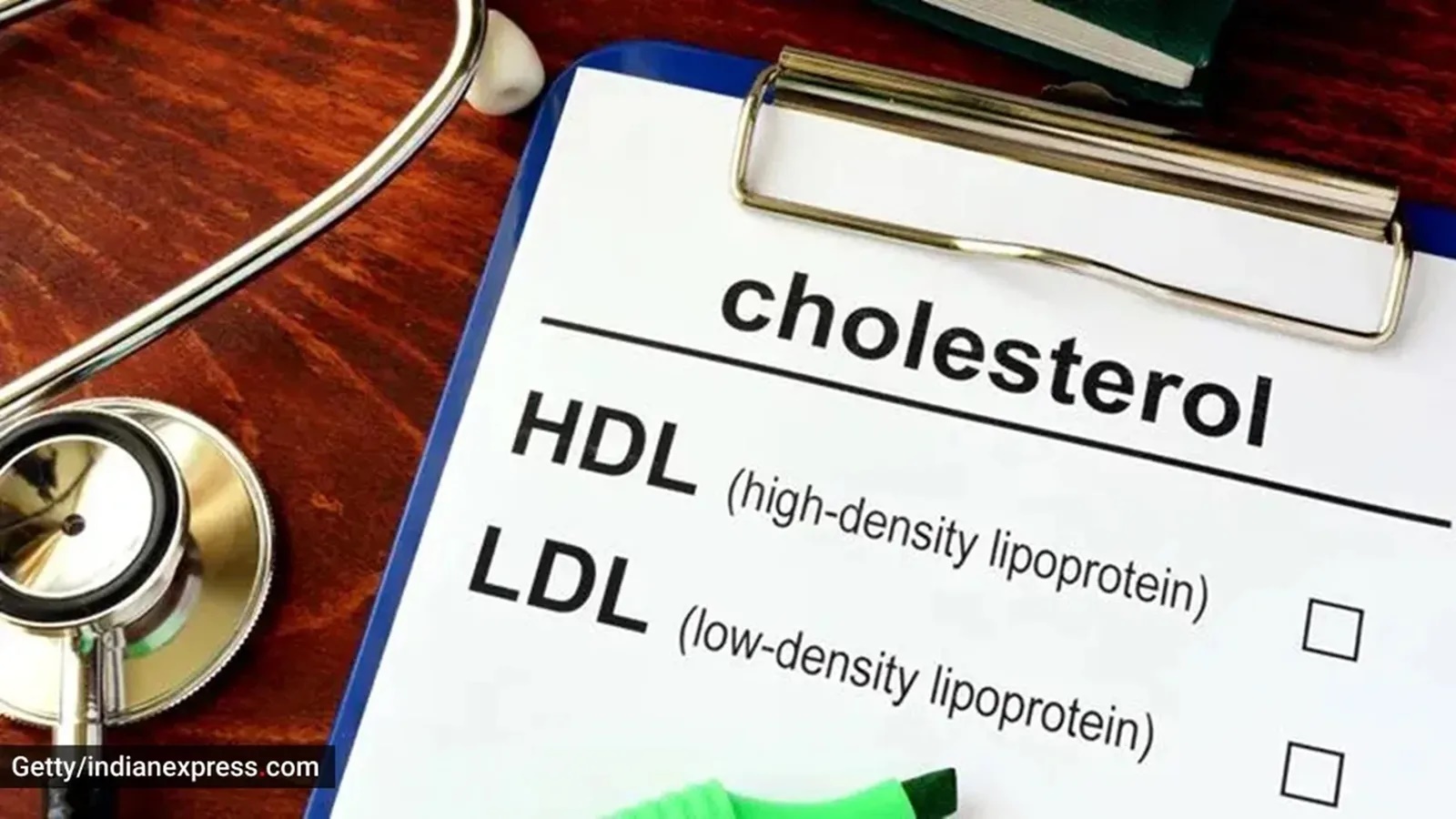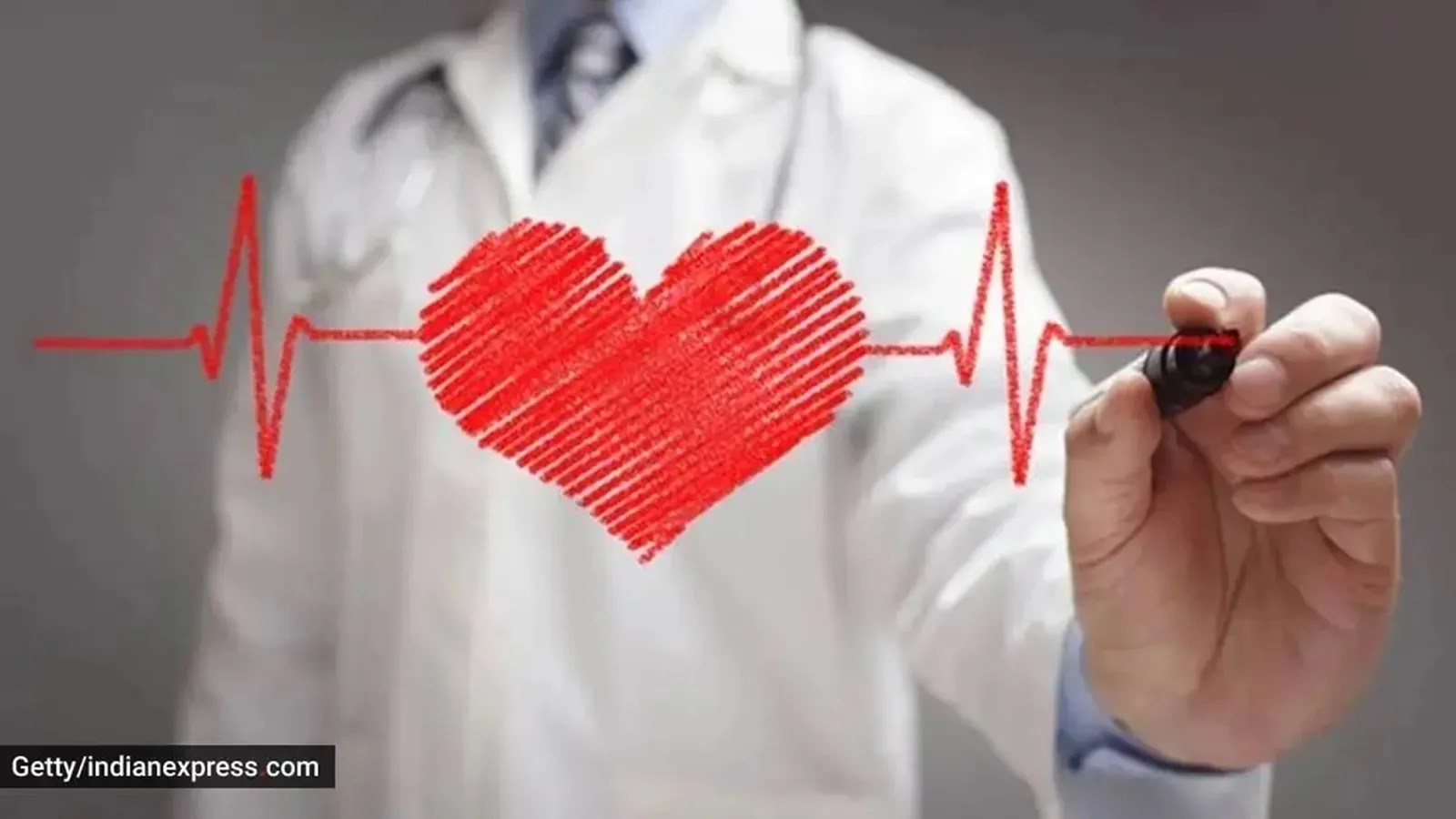Fitness
Is fasting really necessary before a cholesterol test? Experts reveal the truth

In a positive move, the Cardiology Society of India has come up with fresh guidelines that reveal that you do not need to fast before getting a cholesterol or lipid profile test done. While this is sure to make our parents and grandparents more compliant when it comes to keeping their health in check, we wonder what are the exact benefits that come with it, and what has fasting been replaced with?
Indianexpress.com spoke to Dr J. P. S. Sawhney, Chairman of the Department of Cardiology at Sir Gangaram Hospital, New Delhi and got more clarity on this issue.
Why was fasting necessary before?
“Historically, fasting before lipid tests was believed to provide more accurate results. This is because the food and drink consumed can affect the levels of certain lipids in the blood, particularly low-density lipoproteins (LDL), also known as “bad cholesterol“, said
Sawhney shared that fasting was thought to minimise these effects and provide a more accurate representation of a person’s baseline lipid levels.
According to recent guidelines, fasting is not necessary before lipid tests for most people.
“Research has shown that the impact of fasting on lipid levels is minimal. For example, total cholesterol and high-density lipoprotein (HDL) cholesterol levels, which are used to assess cardiovascular risk, are not significantly affected by fasting,” he said.
He said that LDL cholesterol levels may be slightly lower after eating, but this difference is generally small and does not significantly affect the overall interpretation of the test results.

So what has fasting been replaced with?
According to Sawhney, new guidelines recommend that patients should not eat a heavy meal just before their lipid test.
“A light meal or snack is generally acceptable. This approach is thought to provide a more realistic representation of a person’s typical lipid levels, as most people are in a non-fasting state for most of the day,” he added.
Sawhney said that this new move makes the testing process more convenient for patients, as they do not have to schedule their test for the morning and can eat normally before the test.
“This may also improve patient compliance with testing recommendations. In addition, it allows for more flexibility in scheduling tests, which can help to reduce waiting times and improve the efficiency of healthcare services,” he shared.
© IE Online Media Services Pvt Ltd
First uploaded on: 07-07-2024 at 17:27 IST











